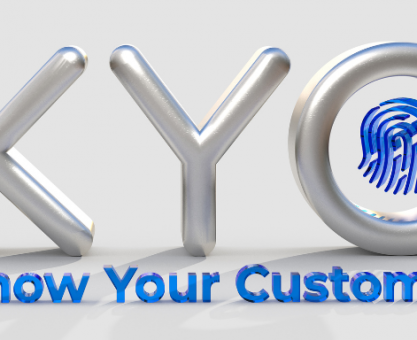Executive Summary
-
Blockchain technology is transforming healthcare investments by enhancing data security and interoperability.
-
Investors are increasingly drawn to blockchain‘s potential to reduce costs and improve patient outcomes.
-
Challenges include regulatory compliance and integration with existing healthcare systems.
-
The article explores real-world examples and expert insights on leveraging blockchain in healthcare.
Introduction
In an era where data breaches and inefficiencies plague the healthcare industry, blockchain technology emerges as a beacon of hope. Investors and healthcare providers are keenly aware of this technology’s potential to revolutionize data management and healthcare delivery. This article delves into the transformative power of blockchain in healthcare investments, its benefits, challenges, and how it can redefine patient care and data security. Read on to discover why blockchain is capturing the attention of forward-thinking investors and how it might shape the future of healthcare.
Definitions / Context
Blockchain Technology in Healthcare
Blockchain is a decentralized digital ledger system that records transactions across multiple computers. In healthcare, it promises to enhance data integrity, traceability, and accessibility. The technology’s immutable nature ensures secure data exchanges, making it a promising tool for managing patient records, clinical trials, and supply chain logistics.
Benefits / Pros
-
Enhanced Data Security: Blockchain‘s encryption and decentralized structure provide robust protection against data breaches.
-
Improved Data Interoperability: It facilitates seamless sharing of patient data between institutions, leading to better coordinated care.
-
Cost Reduction: By automating administrative processes and reducing fraud, blockchain can significantly cut operational costs.
-
Patient Empowerment: Patients gain more control over their data, promoting transparency and trust.
Risks / Cons / Challenges
-
Regulatory Hurdles: Navigating healthcare regulations like HIPAA in the context of blockchain can be complex.
-
Integration Challenges: Existing healthcare systems may struggle to integrate with blockchain solutions.
-
Scalability Concerns: Blockchain networks can face scalability issues, impacting their efficiency in large-scale applications.
Step-by-Step Process
Implementing Blockchain in Healthcare Investments
-
Identify the Use Case: Determine the specific healthcare application for blockchain, such as electronic health records or supply chain management.
-
Conduct a Feasibility Study: Assess the technical and financial viability of the blockchain solution.
-
Develop a Strategy: Create a detailed implementation roadmap, considering regulatory and integration factors.
-
Pilot the Program: Launch a pilot project to test the blockchain application in a controlled environment.
-
Scale and Optimize: Based on pilot results, refine the solution and scale it across broader applications.
MedChain, a healthcare startup, successfully implemented a blockchain-based system for managing patient records. The solution enabled secure and efficient data sharing across hospitals, reducing administrative costs by 20% and improving patient satisfaction. This case exemplifies blockchain‘s potential to enhance healthcare delivery.
– Case Study: MedChain’s Blockchain Solution
Expert Tips / Strategic Insights
-
Stay Updated on Regulations: Keep abreast of evolving blockchain regulations in healthcare to ensure compliance.
-
Focus on Interoperability: Choose blockchain solutions that integrate smoothly with existing healthcare IT systems.
-
Leverage Partnerships: Collaborate with tech companies specializing in blockchain to enhance implementation success.
Tools / Resources / Calculators
-
Blockchain Healthcare Checklist: A comprehensive guide for evaluating blockchain solutions.
-
ROI Calculator: Estimate potential returns on investment for blockchain projects in healthcare.
-
Industry Reports: Access the latest research on blockchain applications in healthcare.
Conclusion
Blockchain technology stands at the forefront of a healthcare revolution, offering unparalleled benefits in data security, cost efficiency, and patient empowerment. While challenges remain, strategic investments and careful implementation can unlock its full potential. As the industry evolves, blockchain‘s role in healthcare investments will likely expand, making it an essential consideration for forward-thinking investors.






















